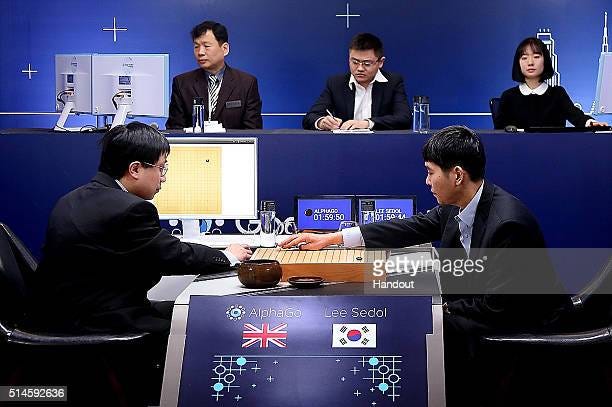AI just compute more, and technical architecture matters for unit economics - Data and Decision #1
AI just compute more and why managers might think more about technical side of their business.
This is the first post for my newly created weekly newsletter (now I have two!). I make this one to ensure I can stimulate my creativity every week. The other newsletter is to write more long-form essays about data implementation and deeper topics like data modeling and statistical thinking.
Every email in this newsletter will consist of 2 insights I learned that week, 1 quote I loved, and 1 big question that makes me rethink my assumption. This format might change in the future, but temporarily I am comfortable with this.
Now let’s get down to business.
2 Insights
The Bitter Lesson.
This essay from Rich Sutton has an interesting observation: the majority of progress in the AI field comes from increased computational power, not making the computer more intelligent.
This phenomenon, as Rich said, runs contrary to the effort of many AI researchers who want to create a “more intelligent computer” — and often see progress on computing power as a lesser thing.
To emphasize this, Rich gave an example that DeepBlue and AlphaGo come from the same “deep search” approach that most researchers already knew many years ago. AlphaGo, which beat Lee Sedong (the number one Go player in the world), is made not from collecting all human knowledge about Go. Instead, it uses reinforcement learning, an algorithm that starts from zero knowledge.
We usually believe both of the above achievements are a sign that computers are becoming more and more intelligent. But turns out, well, they just compute more.
Technical architecture matters for unit economics.
Nat Friedman’s (Nat) conversation with Tobias Lutke (Tobi) is one of the hidden gems I found on Twitter. At one point in the dialogue, they discuss unit economics and how technical and business architecture matters. Tobi then gives a brilliant explanation and elaborates on how tech architecture can influence how much space the CEO has to create any meaningful decision. I loved this exchange so much I decided to write down the transcript (you can see it here).
This insight brings me back to when I still work as a junior growth analyst at Grab. In the early 2022, we realized that geographic conditions heavily influence our prices (so the same product, chili, for example, had different prices across regions). Unfortunately, we can’t capitalize on this realization because we had no capability in our app to implement different pricing. Our app can only set 1 price for all regions. This constraint shaped how significant our end margin is and, in the end, the profitability of our business.
1 quote that I loved
I went to the woods because I wished to live deliberately, to front only the essential facts of life, and see if I could not learn what it had to teach, and not, when I came to die, discover that I had not lived. - Henry David Thoreau (Walden).This quote is one of my sources of motivation to learn the necessary skills to get a remote job. I’m not a Luddite like Thoreau in any practical sense, and I love what modernity brings us, but I just felt that to learn and live in the future, you also need to see things that don’t change. You can find your “woods” anywhere, but it needs to remind you what is the essential thing you hold true and will never change.
1 big question
What is the long-term impact of remote work on local politics worldwide?
The remote worker type usually is the high wages worker (at least compared to local), and few of these can have the same productivity as thousands of regular workers. Donations from hundreds of remote workers alone can fund the entire campaign for local candidates.



